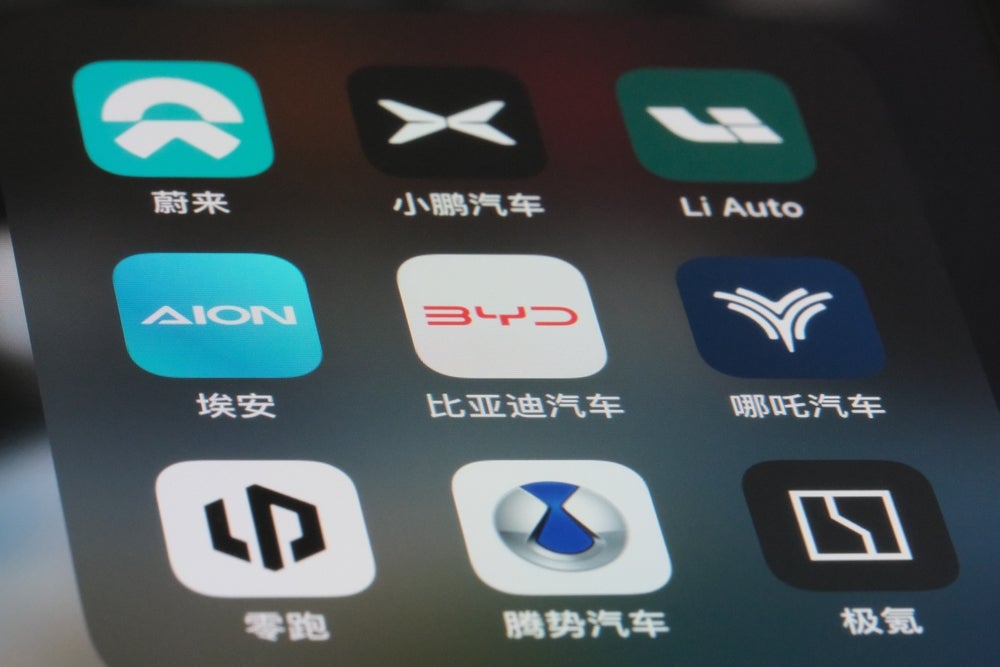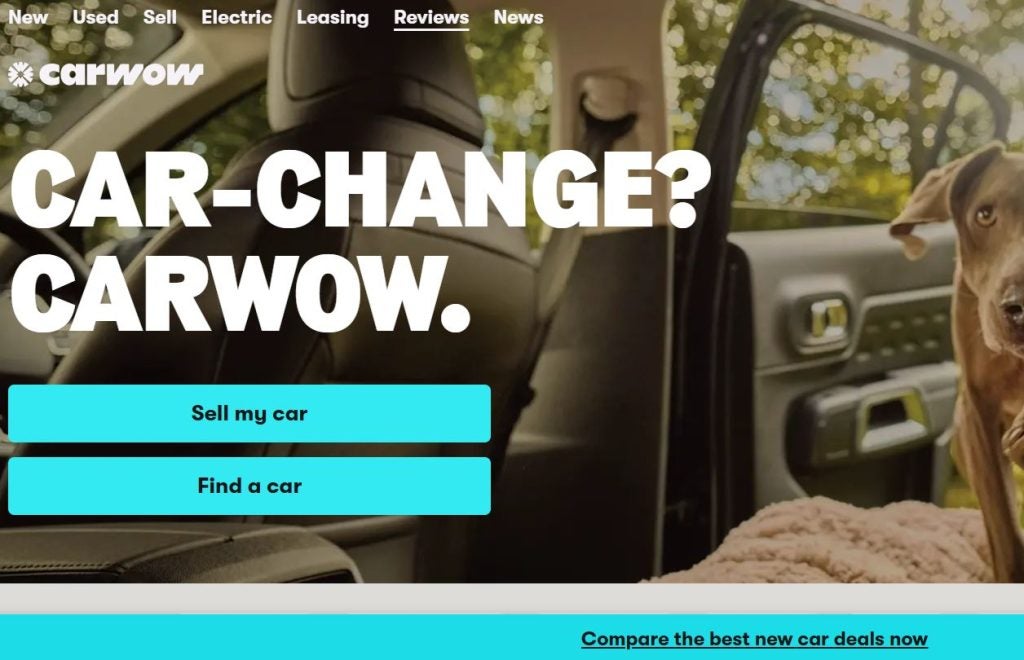
Turo, a San Francisco-based car-sharing company founded in 2010, has scrapped its plans to go public nearly three years after initially filing for a US IPO, raising fresh concerns about the peer-to-peer (P2P) car-sharing market.
The decision comes after Getaround, another San Francisco-based car rental business, announced plans to shut down its US operations last week, including both its car-share and HyreCar businesses while maintaining operations in European markets. The move follows ongoing liquidity challenges despite significant profitability improvements and restructuring efforts.
Despite being profitable, Turo’s financial performance indicates a slowdown in growth. The company’s adjusted EBITDA fell from US$81.1 million in 2021 to US$48.8 million by the end of 2023. In the first nine months of 2024, adjusted EBITDA dropped a further 46% year-on-year to US$25.6 million. Operating income has also turned negative, shifting from a US$21.1 million profit in the first nine months of 2023 to a US$9.7 million loss over the same period in 2024.
The company’s booking rate growth has also decelerated significantly. While total days booked on Turo surged 75% between 2021 and 2022, the growth rate slowed to 27.5% in 2023. For the first nine months of 2024, the year-on-year increase stood at just 9%.
Despite these challenges, Turo remains a strong IPO candidate due to its focus on profitability and a sustainable business model — key factors for investors in the current climate. Gross profit rose 11% to US$452.6 million in 2023 but declined 5% year-on-year in the first nine months of 2024 to US$334 million.
However, market conditions remain challenging for venture-backed firms considering public listings. With IPO activity subdued due to economic and political uncertainties, many startups are opting to stay private.

US Tariffs are shifting - will you react or anticipate?
Don’t let policy changes catch you off guard. Stay proactive with real-time data and expert analysis.
By GlobalData






